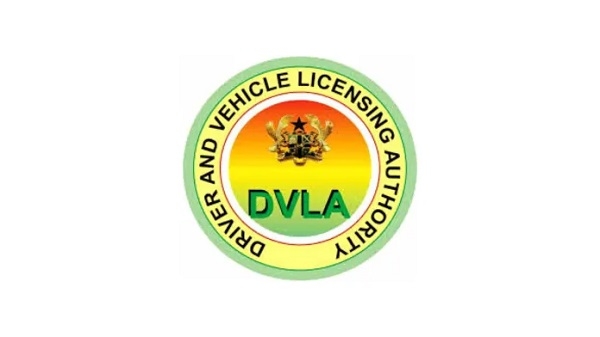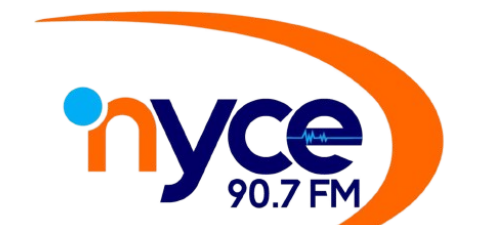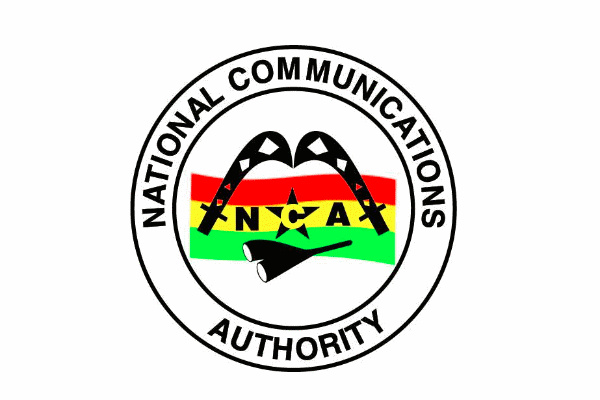The Acting Chief Executive Officer of the Driver and Vehicle Licensing Authority (DVLA), Julius Neequaye Kotey, has announced that his outfit is preparing to roll out a new number plate system embedded with smart chips to enhance vehicle tracking and eliminate unregistered cars on Ghana’s roads.
Speaking in an interview on Joy News, Mr. Kotey revealed that the move is part of efforts to modernize DVLA operations and clamp down on vehicles that enter the country without paying the appropriate duties, often using fake or cloned number plates.

“We are changing the whole number plate system. We want to bring in plastic with a chip embedded in it. And that is what we are trying to put in place to do away with the ‘Togo cars’,” he explained.
According to Mr Kotey, the new chip-enabled number plates will make it easier for security agencies to identify vehicles in real-time.
When someone goes to do something bad and the person is running away, it is just about a gun they’ll use to shoot the number plate, and they’ll get every piece of information about the car,” he explained. “From wherever they are, the police or the compliance officer will just shoot a gun at the number plate, and it gives you all the information about the car.”
The DVLA boss also hinted at broader technological integrations, suggesting the new number plates could be used in place of manual toll collection.
“It is highly possible that DVLA will not be taking the road toll, so we are looking at a plate that can communicate with the road toll system so that we also use it,” he added.
He disclosed that a special committee of officials from the Ministry of Transport and the Ministry of Roads is currently exploring different models for toll collection, including automatic deductions through mobile money and integration into the roadworthiness certification process.
“Some are saying we should go with the Dubai system, where you just pass through and it captures and withdraws from your MoMo. Some are also saying that you infuse it into the roadworthy so that you go and do your roadworthy, then you pay,” Mr Kotey explained.
However, he warned that any new system must address the reality of fake roadworthy certificates and number plates on Ghana’s roads.
“Some of the cars on our roads are using fake roadworthy certificates because they have fake number plates. There are cars that have not paid duty. They bring them in through ECOWAS protocols and then change the number plates,” he said.
Mr Kotey added that the DVLA has identified as many as 25 illegal ways by which vehicles are smuggled into the country and registered fraudulently.
Some unscrupulous individuals, he said, even copy number plates from accident vehicles parked at police stations.
He called for public support and national cooperation in addressing the many challenges facing vehicle registration and road safety.
“All I’m asking is that Ghanaians pray for President Mahama because we will surely solve these issues,” he appealed.






No comment yet, add your voice below!